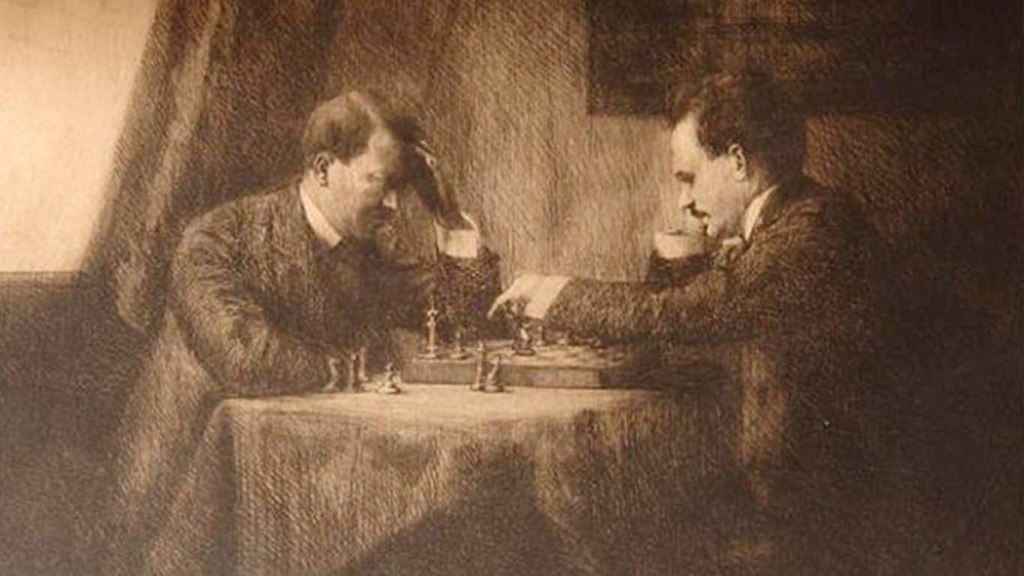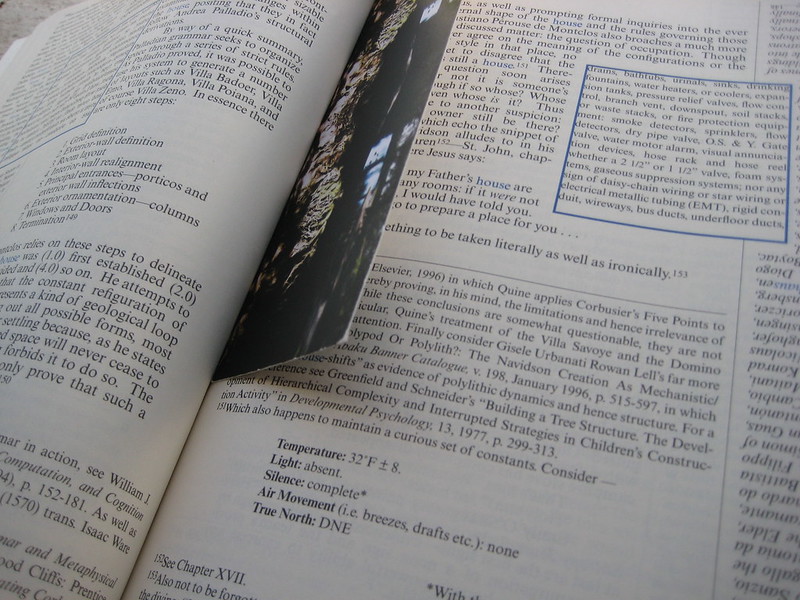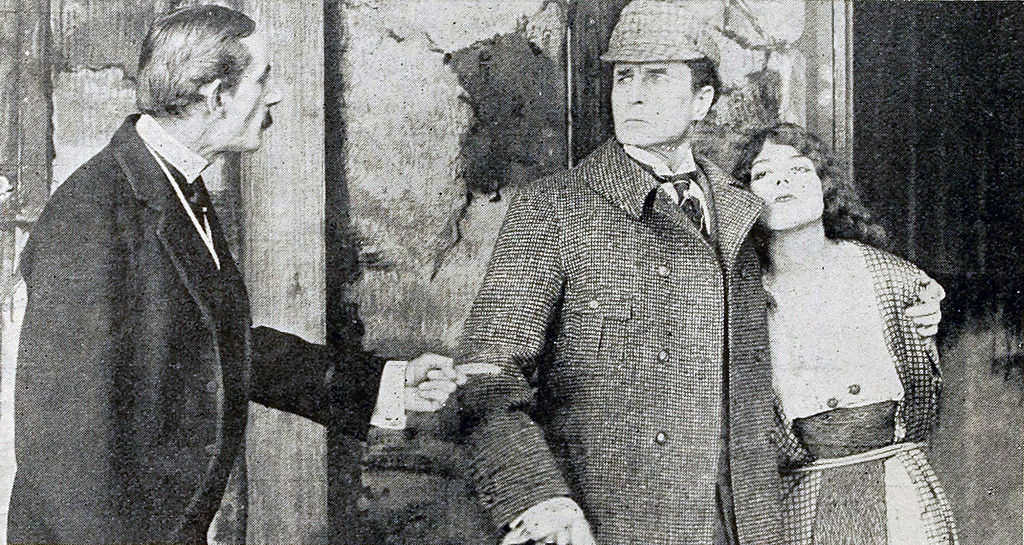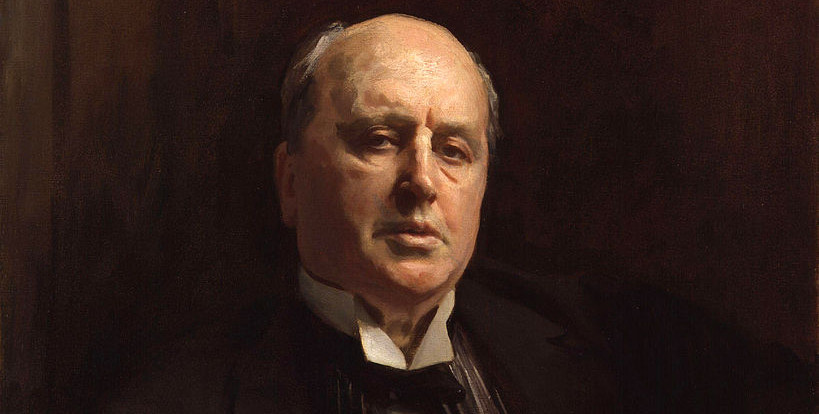
Franklin K. Young worked out a way to apply battlefield principles to the chessboard. Unfortunately, his description is incomprehensible:
The normal formative processes of a Logistic Grand Battle consist, first, in Echeloning by RP to QR4 and then in Aligning the Left Major Front Refused en Potence by the development of QKtP to QKt5, followed by Doubly Aligning the Left Major Front Refused and Aligned by developing QRP to QR5.
The final and decisive development in the formative process of a Logistic Grand Battle is the transformation of the Left Refused Front Doubly Aligned into a Grand Left Front Refused and Echeloned by the development of QRP to QR6.
Chess historian Edward Winter quotes a 1909 parody by P.H. Williams in Chess Chatter & Chaff:
White here takes the opportunity of duple deployment of bolobudginous hoplites, by mutual transposition of kindred hypothetics — the one in enfilade, the other in marmalade. This example of Tyntax involves duodecimal parabaloidic curves, whose radii are in strict parallelism with the dyptic hypotenuse. (Note: These terms will be elucidated when the author has discovered meanings for them, in a glossary of 457 pages.)
The system was still obscure when Young died in 1931, but perhaps you can make sense of it: His works are here.





